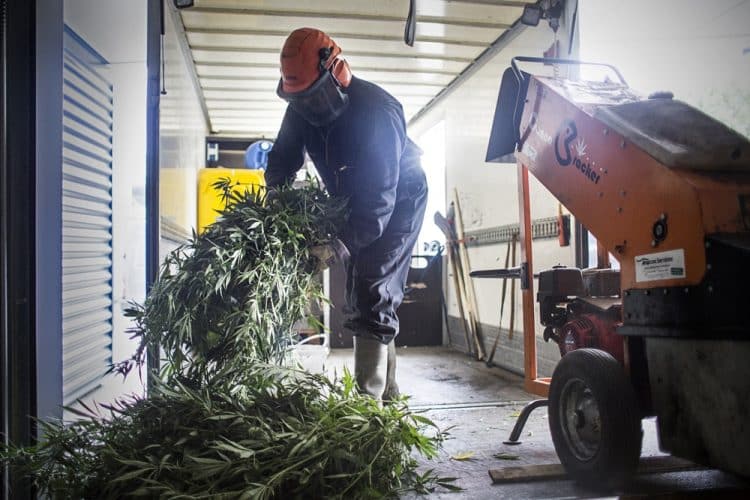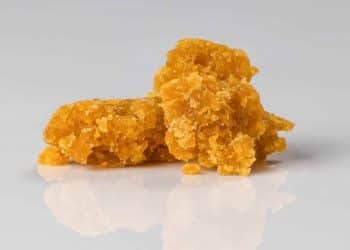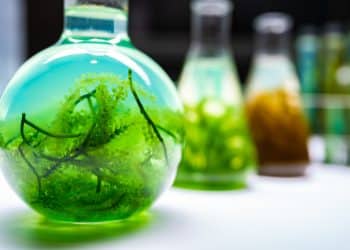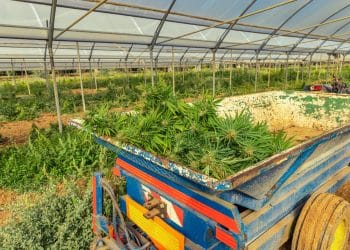The legalization of cannabis in several states has been touted for bringing in millions of dollars in tax revenue and attempting to weed out the black market.
With positive revenue results backing their progress, legal cultivators are further expanding their production of cannabis plants. With progress, though, comes pain. For large-scale cultivators, the pain is figuring out what to do with the growing number of pounds of cannabis plant waste materials. Whether from harvesting whole flowers or extracting oils for sale, the byproducts of the industry keep building up for production sites.
Take Washington State for example. In a mere three years, the legal cannabis industry created 1.7 million pounds of plant waste material. That’s a lot of biomass that needs to go somewhere.
So where do all the leftover bulbs, leaves, stems, and stalks end up? As is, this spent cannabis plant material typically ends up in landfills—rather than being composted or researched for conversion into products like bio fuels and bio-based materials. The issue stems from the fact that in many regions, strict disposal regulations categorize spent cannabis plant material as medical waste rather than organic waste.
In areas where composting cannabis waste is admissible by law, it’s argued that the hassle of on-site composting or the expense of calling in industrial composers is too much trouble for producers:
“Most cultivators have attempted to use composting as a method to handle the plant waste. But the composting process can take months and requires a substantial amount of space, space that could be better utilized to grow additional cannabis plants.” The landfills are simply an easier solution—for now.
New Tech Takes on the Byproduct Problem
Landfills are a limited-time solution, so many scientists and engineers are working to develop more eco-conscious and sustainable ways to utilize the waste products from the cannabis industry.
One such solution, spearheaded by a partnership between Micron Waste Technology and Canadian cannabis producer Aurora Cannabis, seeks to convert all parts of the rendered plant into clean drinking water: “Micron has developed a new technology, based on aerobic digestion and subsequent treatment, that converts organic waste into clean water that meets municipal effluent discharge standards.”
As the legal cannabis industry continues to expand, so too will ideas on proper, eco-friendly waste management systems.












